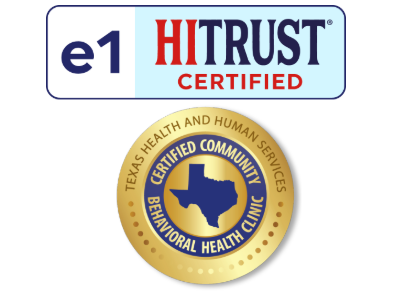Peer Support Services
Peer Support Service activities provided between and among individuals who have common issues and needs that are consumer-motivated, initiated, and/or managed, and that allows the individual to live as independently as possible through offering hope, encouragement, support, self-determination, and connection to the community. These services are offered as individual/group services and through the Mary Lake Peer Support Center.
The Mary Lake Peer Support Center offers a safe environment in which individuals can learn about health and recovery. The Peer Support Program increases residents’ opportunities to participate in healthy behaviors by teaching a Whole Health curriculum which emphasizes the relationship between physical and mental health. This program also teaches individuals about making healthy choices, setting physical health goals, and working towards them.
The target population for the Peer Support Program is adults 18 years of age and over with mental illness. The program includes a facility which is open Monday-Friday, 8:00am-2:00pm where individuals can go to socialize, learn about recovery, and have lunch. Psycho-educational groups are facilitated by a Certified Peer Specialist and are held Monday-Thursday mornings. Topics addressed include education on recovery, crisis prevention, physical health, personal responsibility, goal attainment, healthy relationships, and helping others. Peer support specialists assist individuals in developing natural supports and community connectedness, assist in preparation for service planning process, model personal responsibility, and instill hope through sharing their lived experience of recovery. Individuals are generally referred to the Peer Support Program by MHMR staff, including nurses, doctors, and case managers.
The ultimate goal of the Peer Support Program is to provide recovery-oriented care that includes promotion of resilience, empowerment, and a sense of belonging and participation in the community. Outcomes necessary to reach this goal include increased participation of persons in peer-led activities, increase in number of individuals obtaining employment, increased community integration, and decreased hospitalization.
Research indicates that individuals receiving services from peers maybe more likely to decrease substance use, spend fewer days in the hospital, and use more outpatient services, at least for as long as the peer support continues (Davidson and Harrington, 2011). Additionally, Peer Support Specialists can help increase individual’s sense of hope and confidence in managing his or her illness. This will promote safe and healthy choices across the lifespan, another goal for Impact Area III.
Peer Support Staff speak at various community activities to share their lived experience, educate the community about recovery and services offered by our program, and work closely with Department of Aging and Rehabilitative Services, in coordinating appropriate services for individuals, including supported employment services. The program also collaborates with the Brazos County Sheriff Department Crisis Intervention Team, who are law enforcement trained and certified as mental health deputies, who may be called upon to accompany peer support providers or other mental health staff to perform welfare checks on individuals who might be experiencing a mental health crisis.



